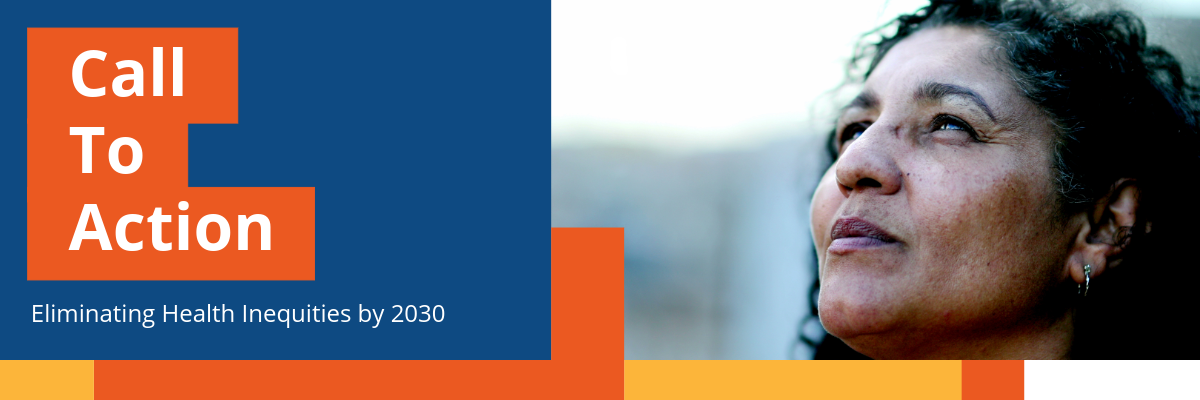
The Call to Action will accelerate progress toward eliminating health disparities by building new partnerships and harnessing our collective power to do hard things and support lasting change.
The Call to Action is a supporting effort to the
Oregon Health Authority (OHA)’s 2024-2027
Strategic Plan that calls on public and private partners of all sizes, across all sectors, to make commitments that advance the five pillars of the agency’s strategic goal to eliminate health inequities: transforming behavioral health, strengthening access to affordable care, fostering healthy families and environments, achieving healthy Tribal communities, and building workplaces’ internal capacity to advance equity.
The Call to Action is a partnership between OHA and the
CDC Foundation and will leverage the CDC Foundation’s expertise in public-private partnerships to drive transformative public health outcomes nationwide. The Foundation will apply that expertise, support, and network to maximize impact here in Oregon.
All organizations, across all sectors, are eligible to submit a commitment, as long as it is aligned with a goal pillar or strategy of OHA’s plan to eliminate health inequities. Commitments can range from in-kind supports and philanthropic contributions to new product development, service-line expansions, programmatic initiatives, and institution-level policy changes.
OHA and the CDC Foundation are seeking big and bold commitments but will evaluate all proposals in the context of an entity’s size, available resources, and overall impact.
Commitments will be considered on a rolling basis through August 2025, and be recognized and celebrated publicly in a culminating event that fall.
Examples of potential commitments are provided in the table and in the accompanying PDF linked below:
Policy change
Health systems may eliminate algorithmic “race adjustments” in clinical care (for instance, in pregnancy, kidney and lung function) that have been shown to compromise medical outcomes for people of color.
Community-based initiatives
Partners may launch and support farmers' markets and health fairs in underserved neighborhoods, with subsidized, culturally relevant food options and preventive health services offered on-site.
New Products
Commercial health care payors may adopt a “No Balance Billing” policy to protect patients from surprise out-of-network bills, covering any out-of-pocket differences for services received in emergencies or when no in-network options are available.
Infrastructure Investments
Businesses may adopt new environmentally friendly practices and prepare their facilities to withstand extreme weather.
Training and technical assistance
Institutions of higher learning may develop loan repayment programs to incentivize health profession trainees to work in under-served areas and communities.